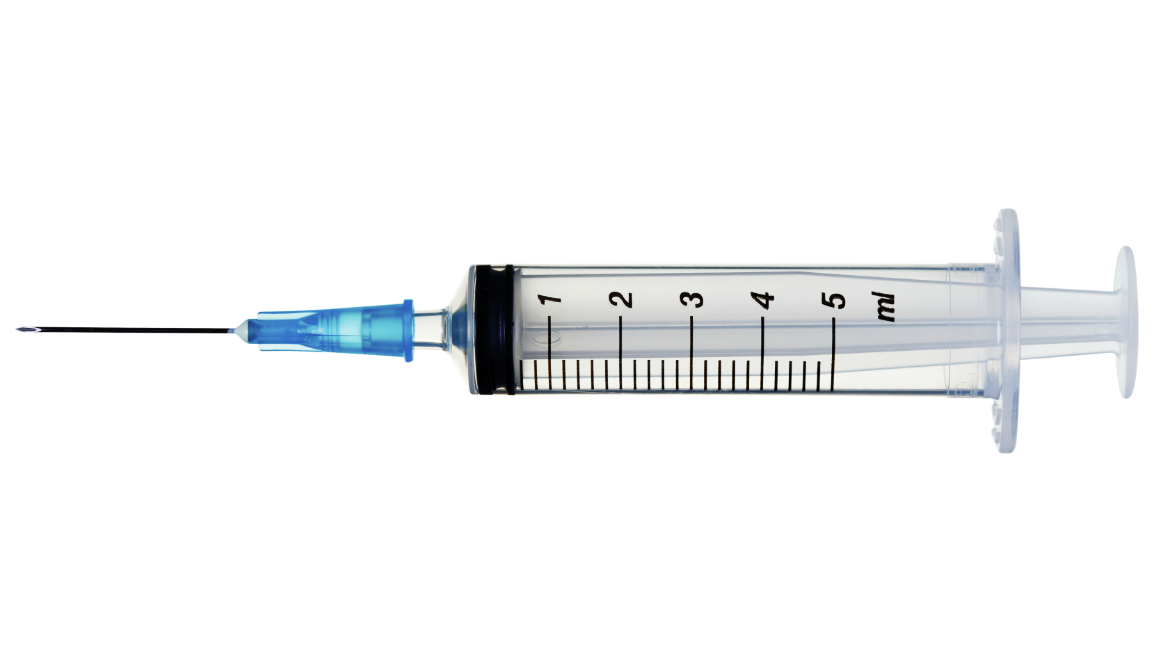
A step has been taken toward the possibility of tuning the strength of memory by manipulating one of the brain's signaling memory mechanisms, a neurotransmitter called acetylcholine.

You may now be wondering how long it will be before we can unlock a door, turn on a kettle, or even send an email simply by thinking about it.

The first robotically assisted hip replacement operation in Australia is due to be performed today on a patient in Brisbane.

EPFL scientists propose a new way of understanding of how the brain processes unconscious information into our consciousness. According to the model, consciousness arises only in time intervals of up to 400 milliseconds, with gaps of unconsciousness in between.
Scientists harnessed a man’s brain waves to help him move his paralyzed hand again.

Something nicknamed "the cyborg olympics" may sound right at home in a science-fiction yarn, but this is real, and it has everything to do with advancing research to help those with physical disabilities.

Researchers seeking to unlock the secrets of how the brain works have created the largest and most detailed map of connections between brain cells ever produced.

Professor YongKeun Park of the Physics Department at the Korea Advanced Institute of Science and Technology (KAIST) and his research team have developed a powerful method for 3D imaging of live cells without staining.

Researchers believe they have beaten the “Death Star” of cancer with a new method of treatment involving nanotechnology.

Right now, there are 4,186 people waiting for a heart transplant in the U.S., but with a huge donor shortage not all of these patients are likely to survive.

The last few years has seen a massive leap in terms of genome editing. With the development of the incredible CRISPR/Cas9 technique, never before have scientists been able to so easily and precisely identify, edit, or remove specific sections of DNA.

Imagine hearing that just one injection of stem cells could restore health to bones ravaged by osteoporosis. Scientists believe they may be close.

Individual bacterial cells have short memories. But groups of bacteria can develop a collective memory that can increase their tolerance to stress. This has been demonstrated experimentally for the first time.

Researchers have developed a new way of growing realistic human tissues outside the body.

Scientists from China have made history by taking a cell that's not a sperm cell and then used it to create a live animal. A similar technique could be used one day to treat infertility in humans.